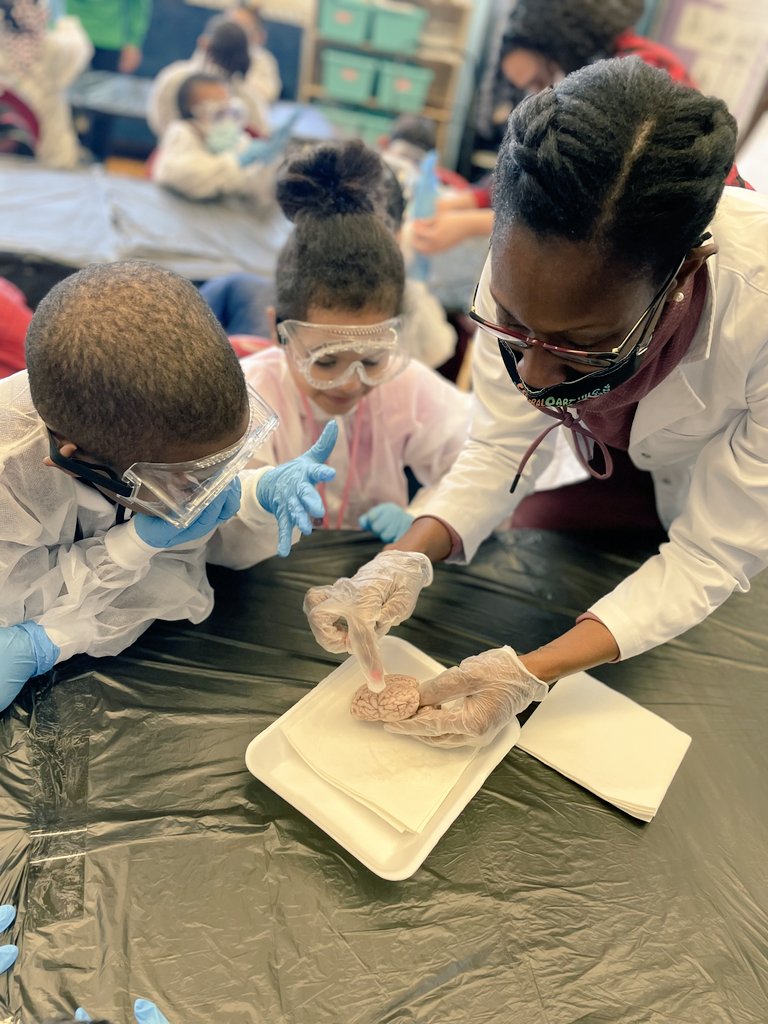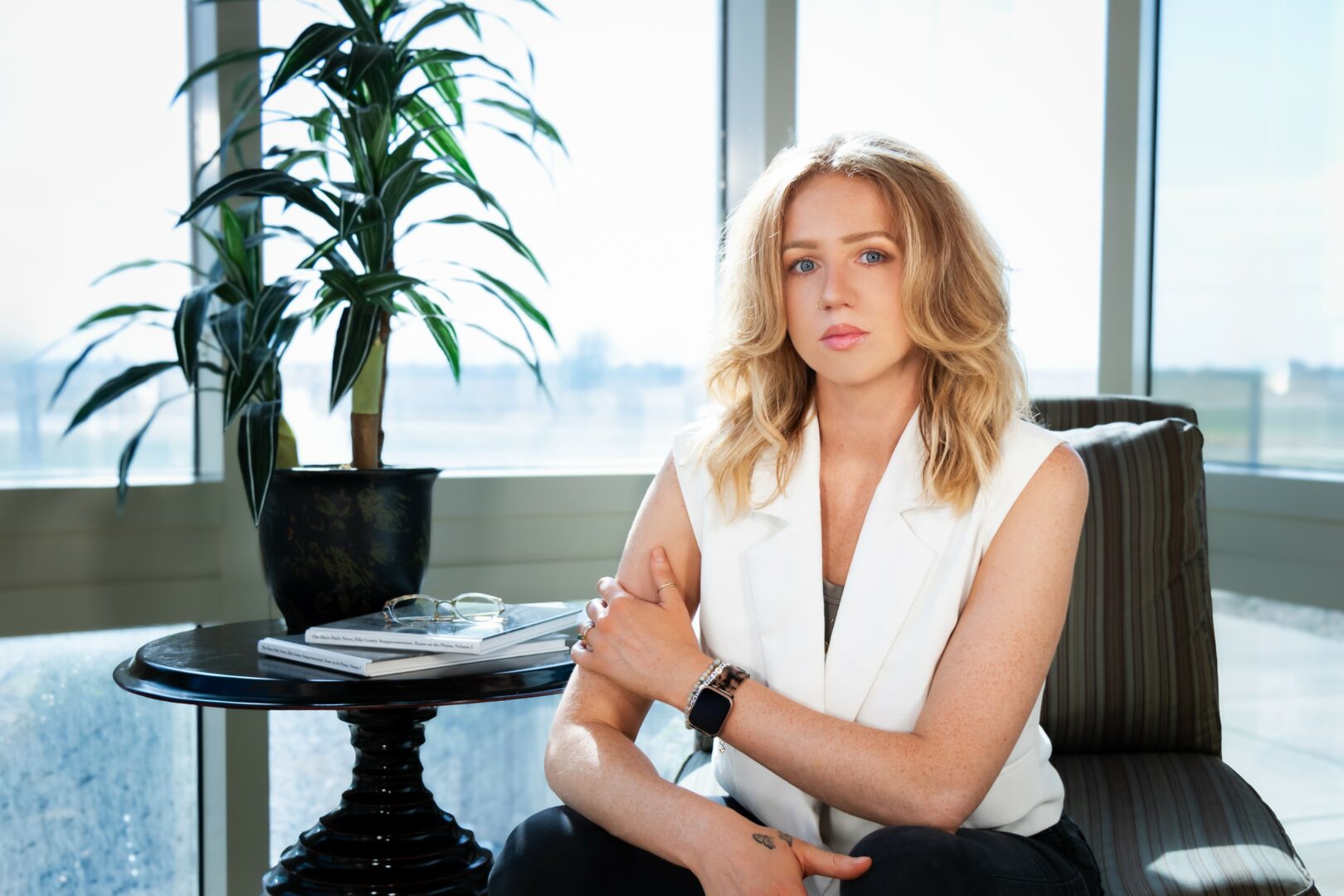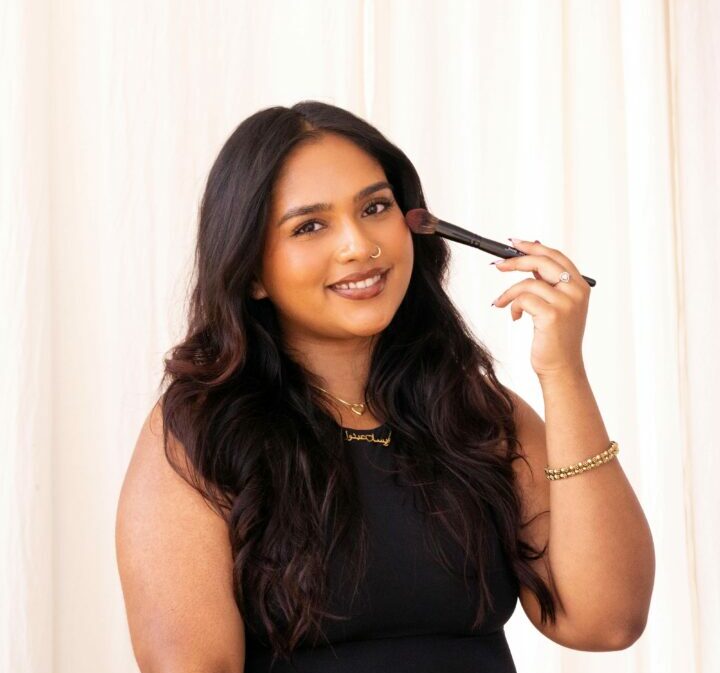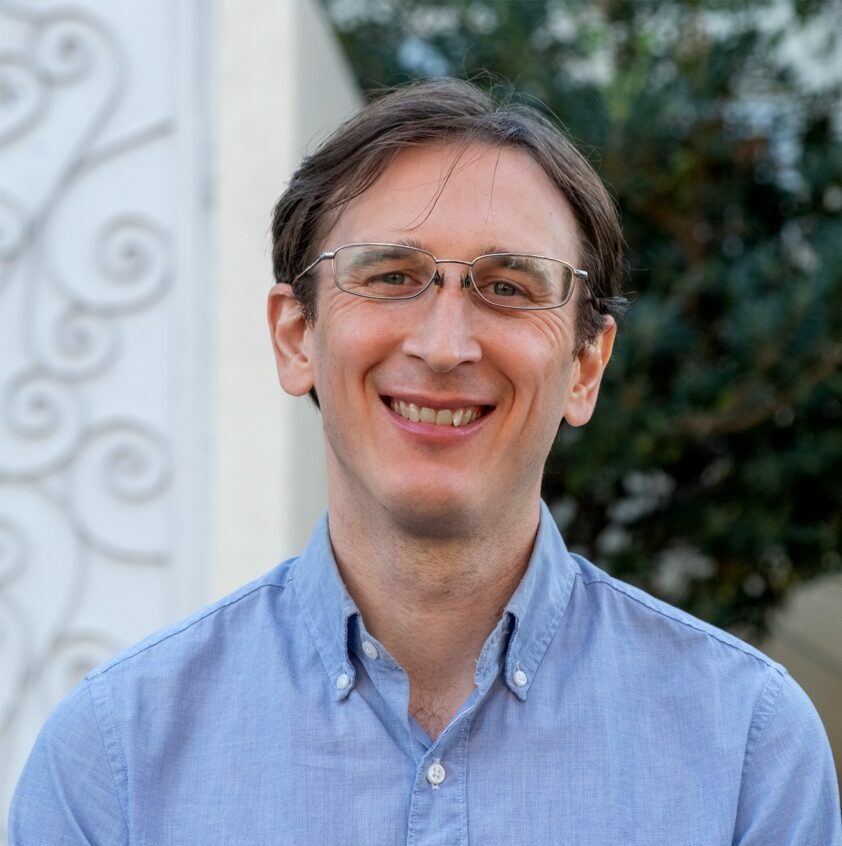We were lucky to catch up with Natasha Atkins, MSW, MA recently and have shared our conversation below.
Natasha, so good to have you with us today. We’ve always been impressed with folks who have a very clear sense of purpose and so maybe we can jump right in and talk about how you found your purpose?
Honestly, I believe my purpose is divinely inspired. I’ve always felt called to help children feel psychologically safe, in their schools, homes, and communities, and to equip the adults around them with tools to help kids navigate the turbulence of adolescence and grow into healthy, grounded adults.
My own childhood and adolescence were challenging. I moved to New York at eight to live with my mother, whom I hadn’t seen since I was two. I struggled to make friends and spent much of my youth trying to figure out who I was and where I fit in. I grew up in a time when discipline often came before development, when children were expected to obey rather than be understood.
No one talked about emotional regulation or self-advocacy back then. Those ideas didn’t exist in my world. And while our understanding of child development has evolved, many communities still rely on punitive approaches that overlook how the brain shapes behavior. That realization became a driving force in my career. It’s why I pursued my MSW and later post-graduate training in Applied Neuroscience.
I’ve come to see my work as a bridge, translating brain-based research into everyday practice for young people, educators, social workers, and caregivers in communities where punitive approaches still dominate. In many ways, I’m helping to create what I needed as a child: environments where kids are not just corrected but understood, where discipline is replaced with empathy, and where development is prioritized over compliance.
In many ways, I didn’t find my purpose; it found me. Every challenge, every season of self-discovery, led me here: to the work of bridging science, compassion, and community so that all children are supported and given the space to thrive.
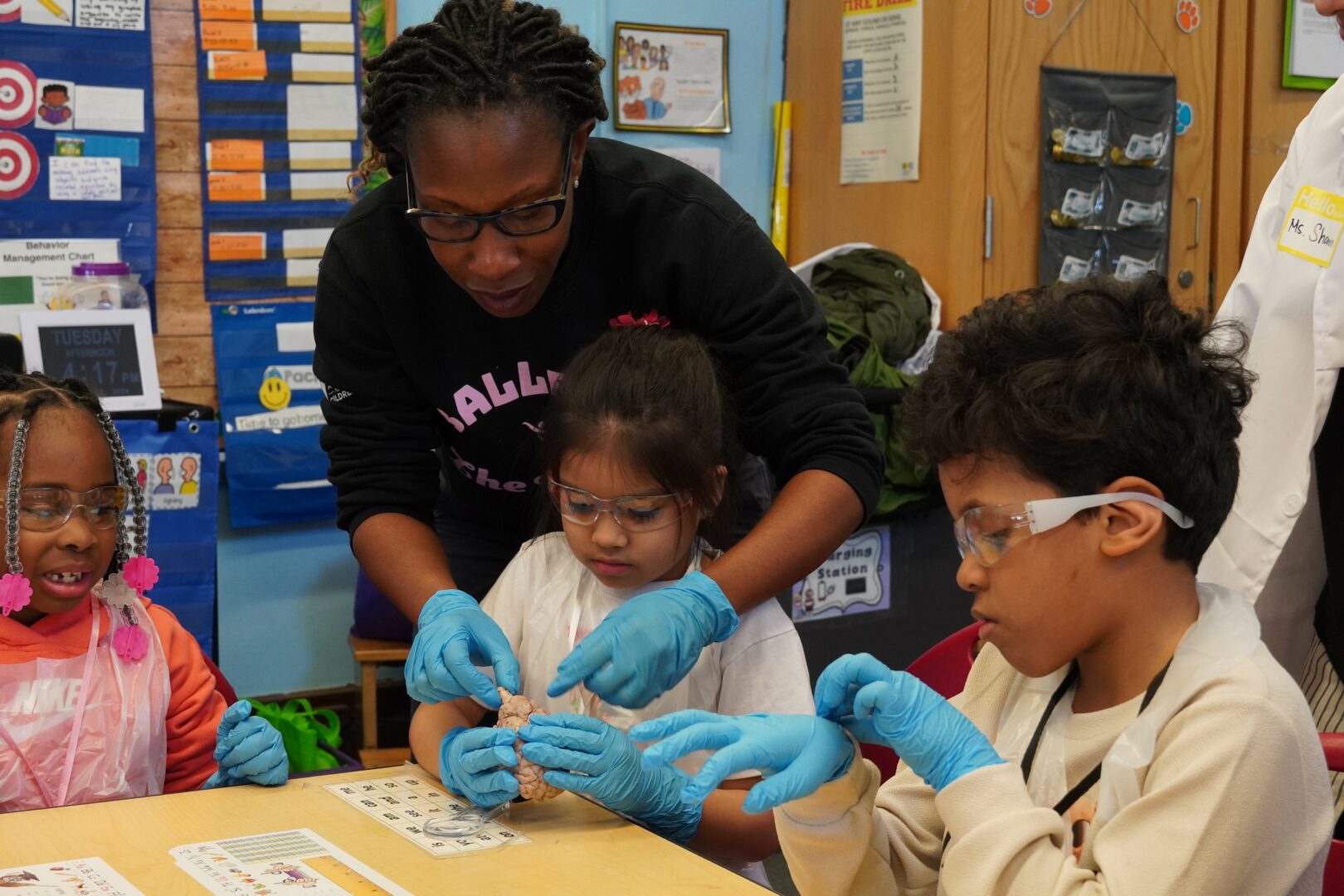
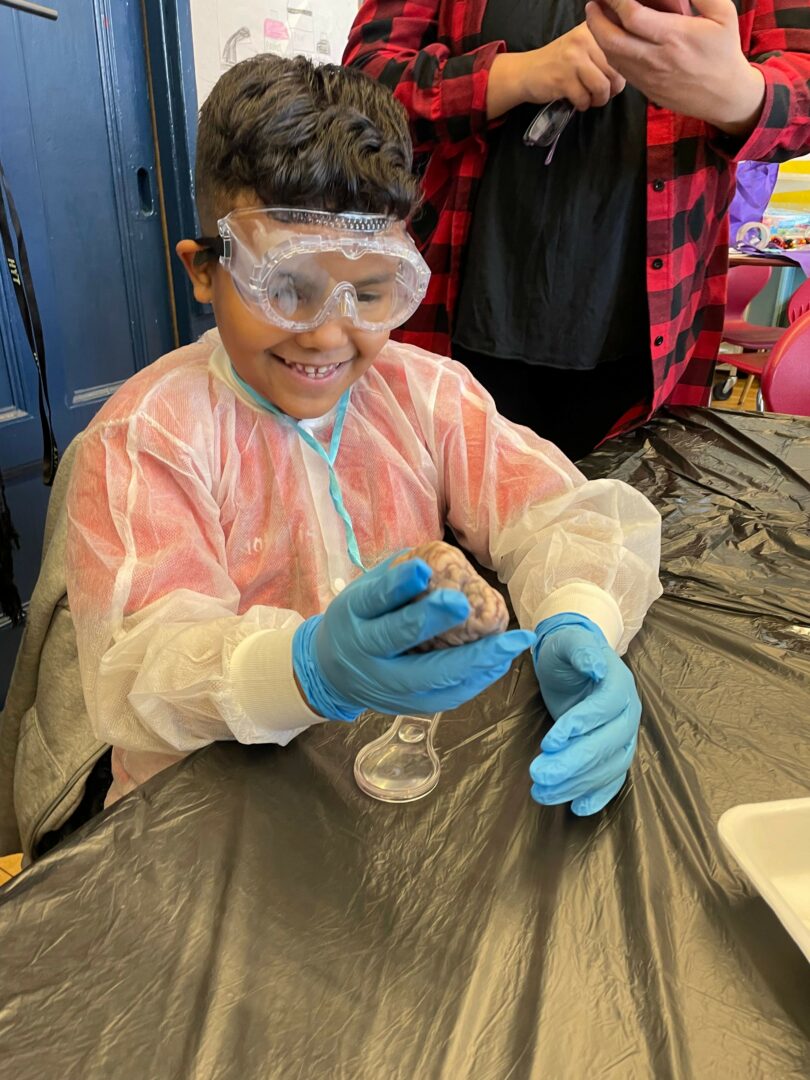
Great, so let’s take a few minutes and cover your story. What should folks know about you and what you do?
I’m originally from Barbados and moved to New York City when I was eight. Growing up, I was drawn to the performing arts (dance, theater, and creative expression), but after college, I found myself pulled into the world of nonprofit work. What started as a role leading mentoring and corporate volunteer programs evolved into something more profound: a calling to understand how people grow, heal, and connect.
In 2015, I fully transitioned into social work, earning my MSW from New York University in 2018 and later completing post-graduate studies in Applied Neuroscience. That training changed everything — it gave me the language to explain what I’d always felt intuitively: that behavior is communication, and that when we understand the brain, we understand people.
Then came 2020. The world shut down, and what was supposed to be a simple science-themed birthday party for my nephew turned into something extraordinary. I showed up on Zoom as Natasha the Neuro Nerd, teaching a group of seven-year-olds about their brains, complete with props, a mini dissection, and characters I’d created on the spot. The kids loved it, and their parents did too. That moment of joy and curiosity in the middle of global uncertainty became the spark for Projekt 48, the nonprofit I now lead.
Fast forward to today, Projekt 48 uses creative tools like Benny the Brain, Frankie the Frontal Lobe, and the Mood Meter to bring neuroscience to life for children, educators, and families. From our Brain Science Club for middle schoolers to Scientists for a Day for early learners, we help communities replace punishment with understanding, compliance with curiosity, and fear with empathy. Our mission is simple but profound: to make brain science accessible, engaging, and transformative, one child, one classroom, one caregiver at a time.
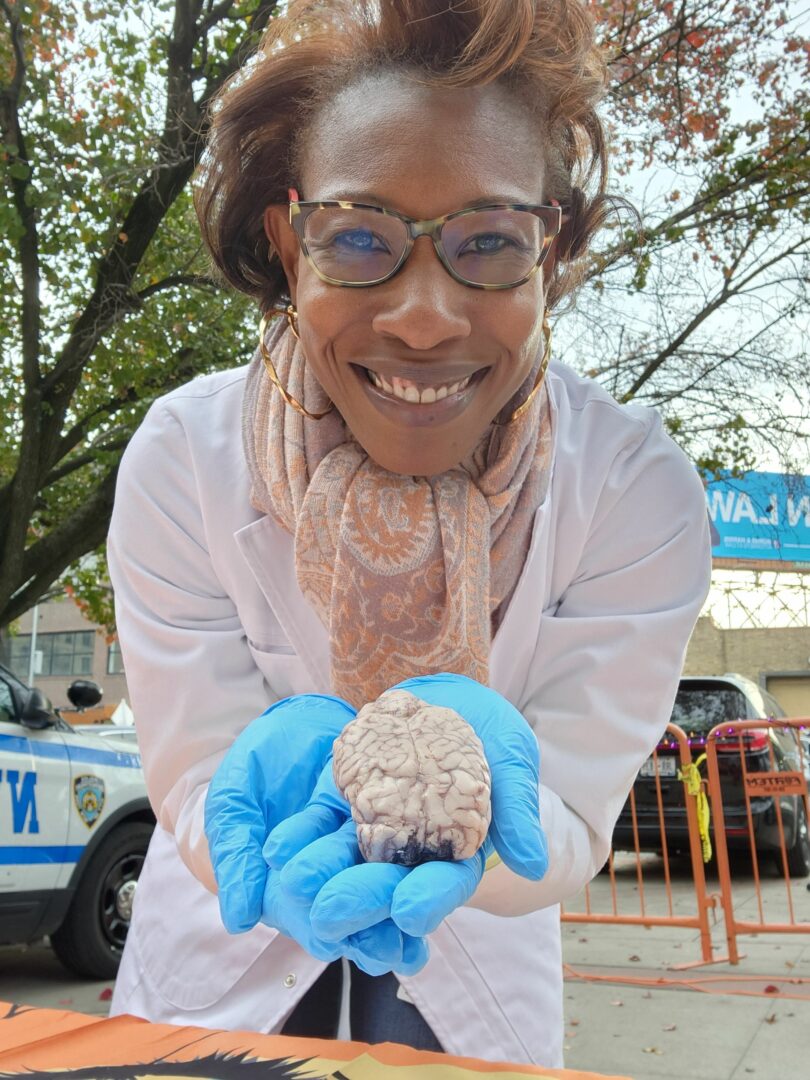
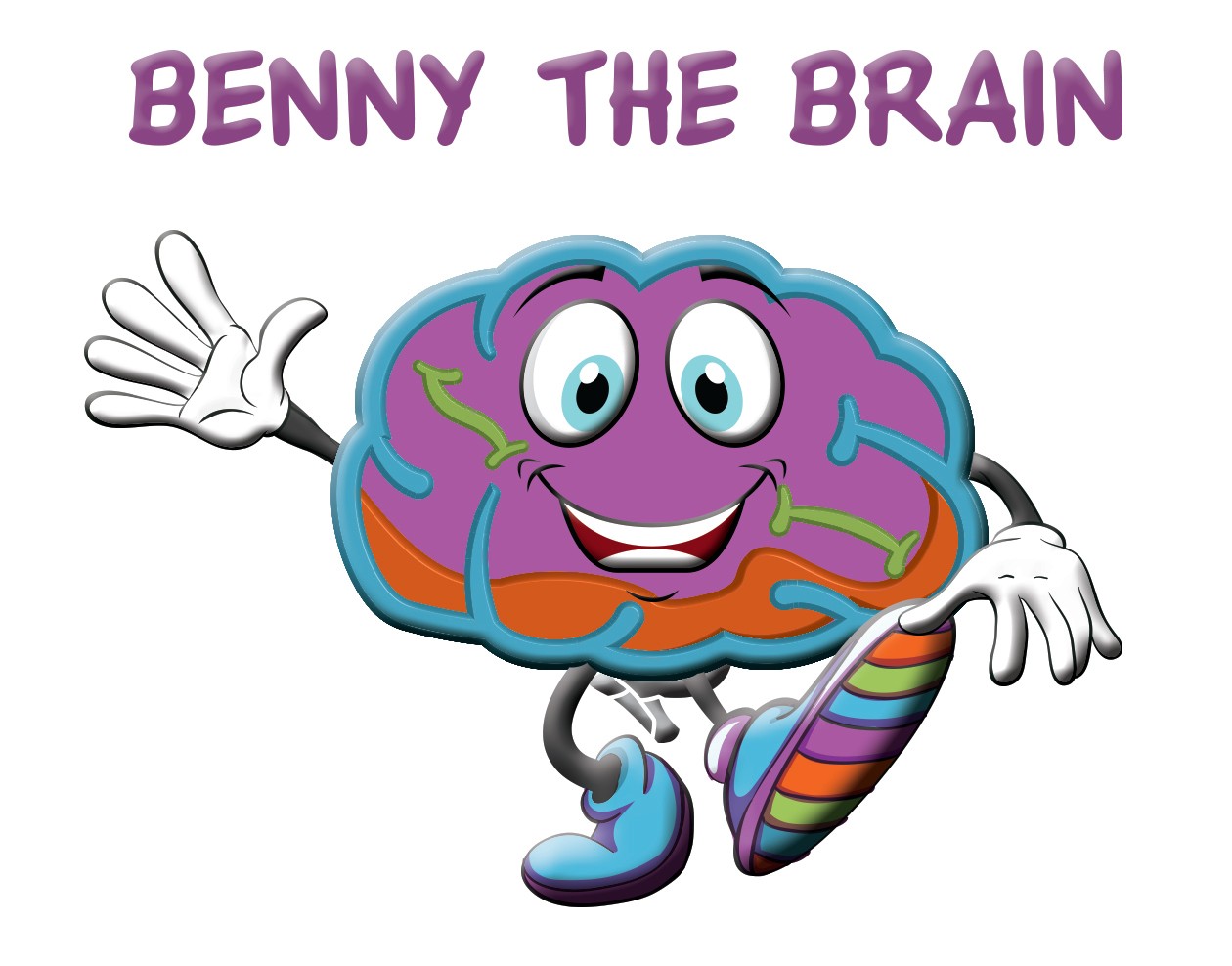
Looking back, what do you think were the three qualities, skills, or areas of knowledge that were most impactful in your journey? What advice do you have for folks who are early in their journey in terms of how they can best develop or improve on these?
I believe that having faith in a higher power, giving yourself grace (especially during tough times), and building a reflective practice are the three skills that have helped me stay focused and persevere.
There is a lot of joy in finding your niche and purpose. There is also a great deal of struggle and disappointment, especially when you integrate entrepreneurship and work to build a nonprofit or for-profit business. You’ll have moments of doubt, frustration, and even fatigue, but those moments don’t define you. They refine you.
Faith in a higher power helps me remember my self-worth, even when outcomes don’t unfold the way I expect. Giving myself grace reminds me that it’s okay to make mistakes, to pause, and to start again. Building a reflective practice helps me process those experiences: to understand not just what happened, but what I’m meant to learn from it.
Together, faith, grace, and reflection keep me grounded in both purpose and possibility. For anyone early in their journey, my advice is to hold tight to these three anchors. Trust the process, even when the path isn’t clear. Extend kindness to yourself in moments of struggle, and take time to listen to what your experiences are teaching you. Often, the very challenges that test you the most are the ones that lead you closer to your purpose.
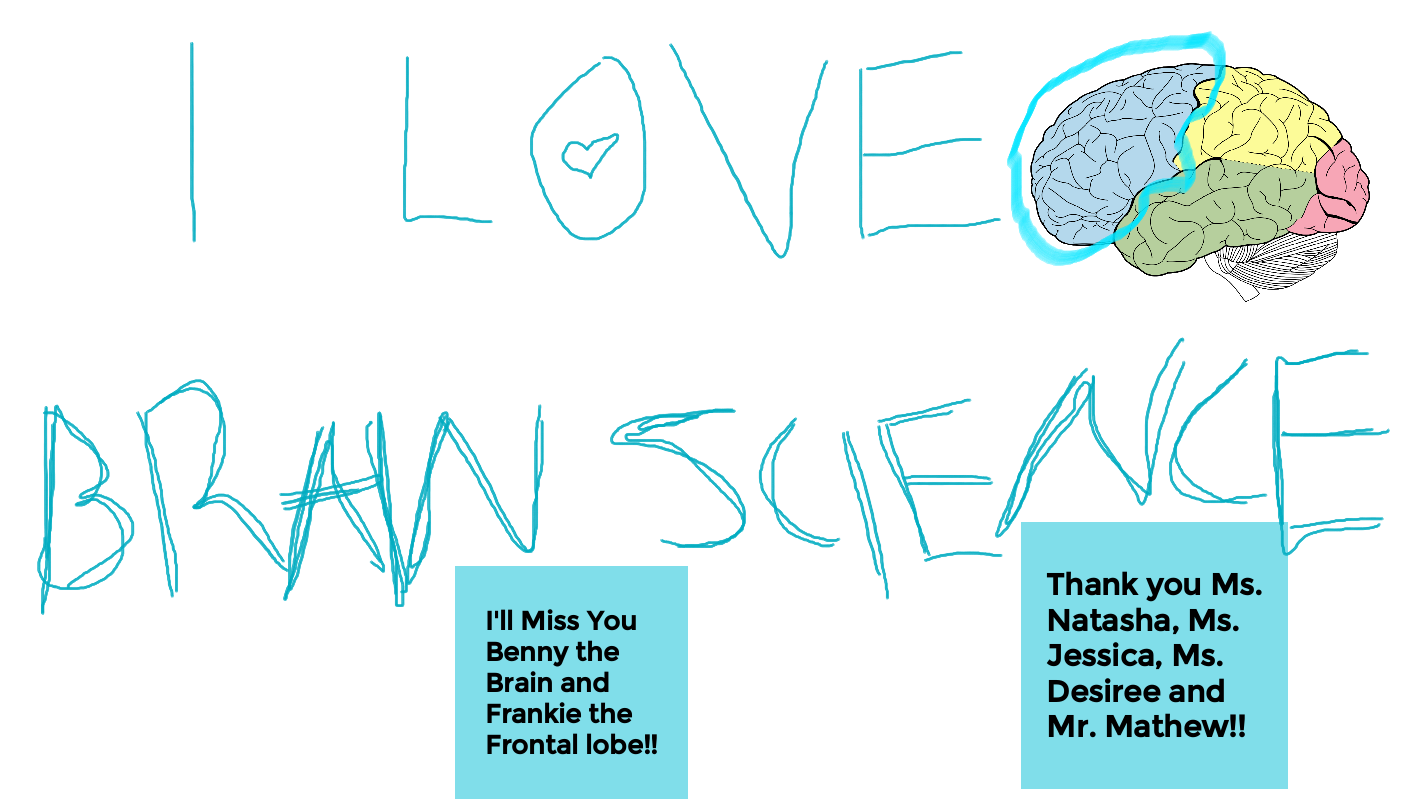

How can folks who want to work with you connect?
I’d love to collaborate with school district leaders, policy innovators, and academic practitioners who are passionate about strengthening mental health systems for youth. My focus right now is expanding and evaluating the Mood Meter, Projekt 48’s signature program, a neuroscience-informed, early-intervention screening tool designed for students in grades 5–9, the age when most mental health disorders begin to surface.
Across the U.S., rates of anxiety, depression, and emotional dysregulation among children remain alarmingly high. The U.S. Preventive Services Task Force now recommends that all children ages 8 to 18 be screened regularly for anxiety and depression. The Mood Meter answers that call in a developmentally appropriate, culturally responsive way, helping students identify and regulate emotions before those emotions escalate into deeper challenges.
Early results have been both measurable and inspiring. During the 2021–2022 school year, Red Zone feelings (linked to frustration and stress) decreased by 30%, while Green Zone feelings—representing calm, focus, and readiness to learn—increased by 37%. Over 70% of students reported using breathing strategies to regulate their emotions, and every participating educator described the tool as “helpful, easy, and kid-friendly.” Since its launch, the Mood Meter has reached nearly 1,000 students in the South Bronx and secured funding of both five- and six-figures from private and public partners.
Looking ahead, my goal is to build cross-sector partnerships that deepen our understanding of how emotional literacy and self-regulation shape long-term academic and developmental outcomes. I believe that strong collaboration among schools, policymakers, and universities can create a scalable national model that addresses the urgent mental health needs of today’s students while building healthier, more compassionate learning environments for generations to come.
Contact Info:
- Website: https://projekt48.org/
- Linkedin: https://www.linkedin.com/in/natasha-a-atkins-msw-11aaa13/
- Youtube: https://www.youtube.com/watch?v=x5UCwmFRsyY
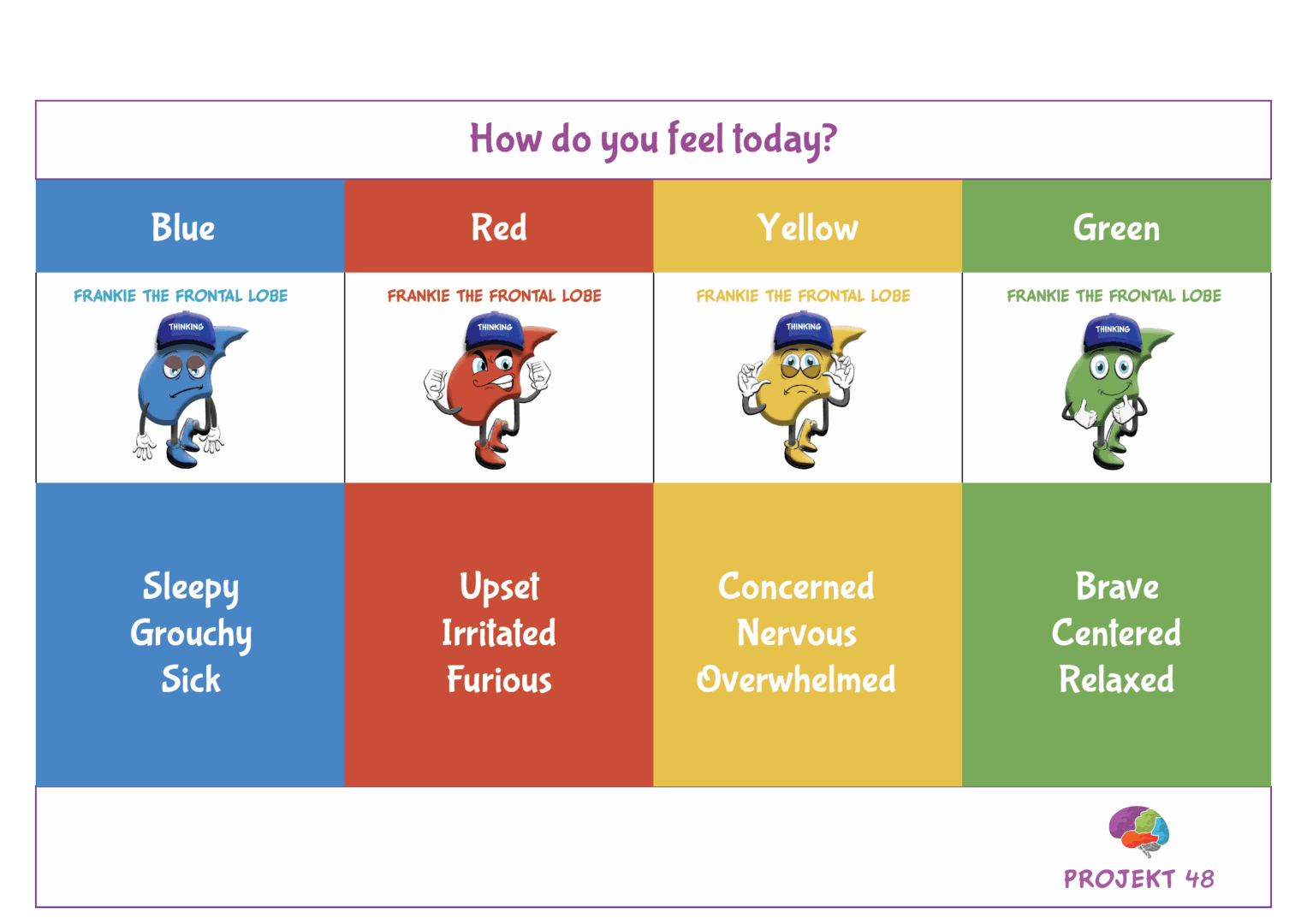

so if you or someone you know deserves recognition please let us know here.

